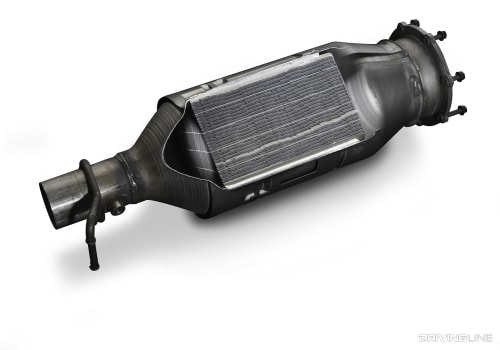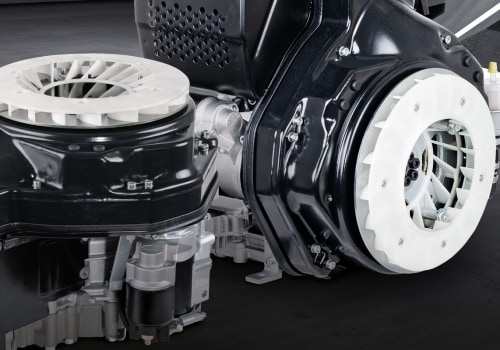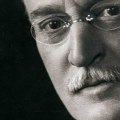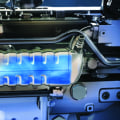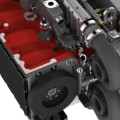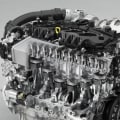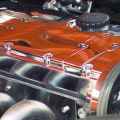Diesel engines have been around for a long time, with General Motors creating their Diesel Division in 1938 to support the construction, mining and military sectors. This was followed by the two-stroke 71 Type V Series, which found solid use in long-distance operations. In 1974, the 92 Series was launched, based on the core design of the 71, to meet the growing demands of heavy and long-distance trucks. The 60 Series took diesel engine technology even further.
It was the first diesel engine with electronic controls, making maintenance easier and helping the industry adopt a more efficient design in terms of fuel consumption and lower emissions. This breakthrough quickly became a reliable standard throughout the 1980s. Since then, regulations have continued to evolve and Detroit has been committed to staying ahead of the curve and leading the way to an even cleaner diesel future. The DD15 started the DD engine line with a completely redesigned design of the engine, fuel, air and aftertreatment system.
This improved fuel economy, reliability and durability, as well as a significant improvement in emissions. In 1988, the 6.9L was raised to 7.3L (444 cubic inches), thanks to an increase in the hole size from 4.00 to 4.11 inches. The race remained at 4.18 inches and the maximum power increased slightly to 185 hp at 3300 rpm. The maximum torque rating stayed the same, but the engine had more torque available at lower speeds.
This improved response in idle conditions with little sacrifice in terms of fuel economy. In 1991, turbo kits installed in dealerships began to appear as buyers were now looking for more power. This forced Ford to purchase more power, and adopting the turbocharged route would be the most effective way to meet customer requests. The birth of the Power Stroke The new dawn of diesel performance began in 1994, when Ford and International launched their first computer-controlled diesel engine, the Power Stroke. We also work a lot with outreach and education programs on clean diesel engines and their benefits.
We work a lot with legislators in Washington, with the forum on diesel technology and on green diesel technology. This evolution is silently improving diesel engine efficiency, reducing total cost of ownership for fleets and boosting trade with cleaner diesel technology than ever.

